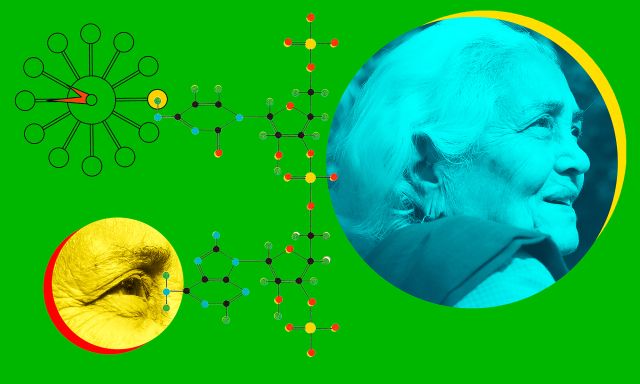Dr. Oliver Medvedik Vice President of LEAF appears in this new TED interview where he talks about aging research and the possibilities of future medicine.
Aging happens to all of us, but scientists still don’t know the mechanism behind it. We need to focus on finding an answer, says molecular biologist Oliver Medvedik.
If given the option, would you choose to live forever? Many of us would say “yes,” but with one major caveat: just as long we don’t age. In scientific terms, aging means “a progressive loss of fitness in an organism over time,” says molecular biologist and TED Fellow Oliver Medvedik. What causes this loss of fitness in humans is multifaceted, although scientists are exploring different theories including — and these are just a few of the many avenues of research — the deterioration of the health of our telomeres (the ends of our chromosomes), changes in cell mitochondria, inefficient clearance of damaged cell proteins, and the senescence of stem cells, leading to chronic inflammation and a depletion of stem cells.
Although it causes a loss of fitness and health, aging is not seen as a disease. “The FDA defines a disease as something that afflicts only a segment of the population. But aging affects everyone,” says Medvedik, the co-founder of Genspace, a citizen science biotech lab, and a professor of bioengineering at the Cooper Union in New York City. And because aging is not considered a disease by the government, it limits the amount of federal funding available in order to study it.
